A celebration of the life and legacy of renowned self-taught artist Mary Barnes (1923-2001) is taking place in Falkland as part of the 2023 Scottish Mental Health Arts Festival, led by the Mental Health Foundation.
Rebirth & Revolution! A celebration of life and legacy of artist Mary Barnes, includes an event called Mary Barnes: Rebirth which is taking place at The Chapel Royal, Falkland Palace, from 6pm until 7.30pm on Saturday October 7.
This special event reflects upon Mary Barnes’s life in Scotland, her deep connection to nature and her spiritual beliefs.
What form will the Mary Barnes event at Falkland take?
Co-hosted by Ninian Stuart (Keeper of Falkland Palace) and Professor Victoria Tischler, the event brings together therapists, friends and academics to reflect upon and celebrate Mary Barnes’s life and work.
They will be joined by creative arts worker Anthea McKinlay, developmental psychologist Dr Suzanne Zeedyk, music therapist George Francis, and Dr Huw Lloyd-Richards, Honorary Research Fellow, University of St Andrews.
Mary Barnes, who lived in Falkland for many years, was resident at Glaswegian psychiatrist R. D. Laing’s therapeutic community, an experiment in anti-psychiatry, at Kingsley Hall from 1965-1970.
Her artwork demonstrated the radical potential of creativity to support recovery from mental ill health.
At Kingsley Hall, Barnes was encouraged to regress to a child-like state to ‘live through’ her psychosis and recover from her mental health crisis.
Barnes was supported by American psychoanalyst Dr Joseph Berke, who encouraged her creative practice.
Mary Barnes used her own faeces
Initially using her own faeces on the walls of Kingsley Hall, and later graduating to oil paint, she soon became a prolific artist.
She primarily used her fingers to apply paint to canvas, wallpaper backing paper, and found objects.
The themes of crucifixion, resurrection, and her deep connection to nature feature, linked to her rebirth and recovery, and the sense of belonging she found in her adopted Scottish homeland.
How did Mary Barnes’ connection come about with Falkland Estate?
The artwork to be displayed as part of the Rebirth & Revolution exhibition comes from a large collection held by the Falkland Estate in Fife, and was mostly produced in the last two decades of her life.
Barnes’ enduring relationship with Falkland Estate began when she lived there during the 1980s and ‘90s.
It is also where her archive is held, and she was laid to rest in Falkland cemetery in 2001.
Ninian Stuart, the Keeper of Falkland Palace who was a close friend of Mary’s and caretaker of many of her paintings, told The Courier: “I believe it is no coincidence that Mary Barnes was attracted to Falkland as an ancient place of hospitality and retreat where people continue to tend the wellbeing of a place and its people.
“Mary’s paintings and writing tap into the nature and spirit of place.
“Her body of work reflects love of nature, and vividly brings to life the potential of nature to move us from breakdown to breakthrough.”
Mary Barnes’ recognition across the UK
Mary Barnes exhibited widely in the UK and abroad during her lifetime and achieved recognition as a painter, writer and poet.
As a mental health campaigner, she often travelled with her work and delivered talks about the close relationship between her creativity and recovery from mental health crisis.
She co-authored the book ‘Two Accounts of a Journey Through Madness’ with Joseph Berke, in which they each recounted her experiences at Kingsley Hall.
The book later inspired David Edgar’s 1978 play ‘Mary Barnes’, originally performed by Patti Love as Barnes and Simon Callow as Berke, which appeared at the Birmingham Rep, London’s Royal Court Theatre and Glasgow’s Citizens Theatre.
David Edgar is just one of 12 people – a mixture of experts and personal friends of Mary Barnes – who will discuss the artist’s life and legacy as part of the programme’s event series.
What other events are celebrating the life and work of Mary Barnes?
The Rebirth & Revolution programme encompasses an art exhibition – being hosted at the Advanced Research Centre (ARC), University of Glasgow, from October 6 to 21 – curated by Victoria Tischler, Professor of Behavioural Science at the University of Surrey, and four complementary events across Glasgow, Fife and online.
These events bring together a range of experts from psychiatry, the arts and academia, as well as people who knew Barnes personally, to explore her work, her relationship to Scotland, and the profound impact that creating art had on her mental health.
Full details of the Rebirth & Revolution programme can be found online at www.mhfestival.com/events/mary-barnes/
An exhibition of Mary’s work is being planned for the Stables Gallery on Falkland Estate in 2024.
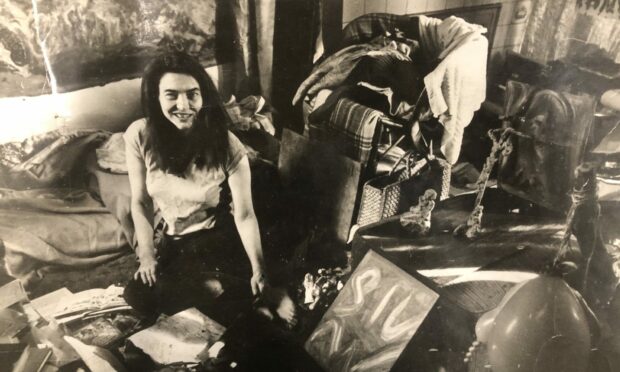
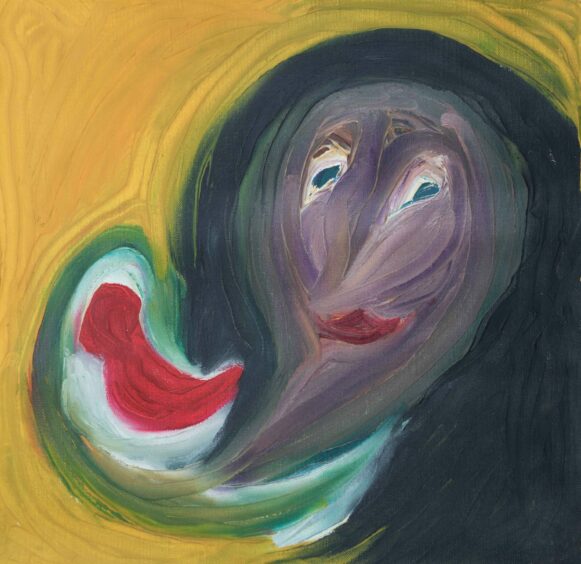
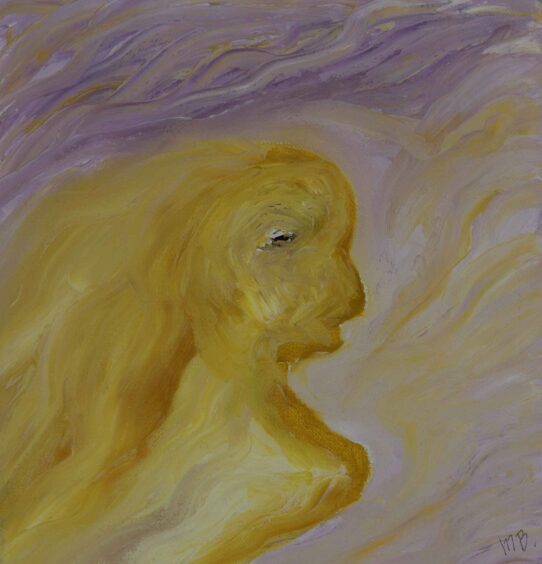
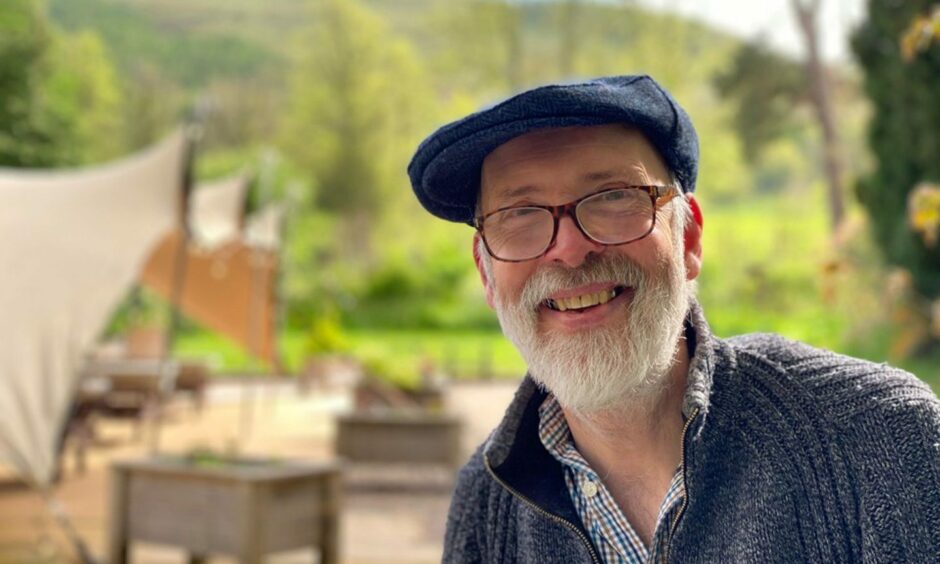
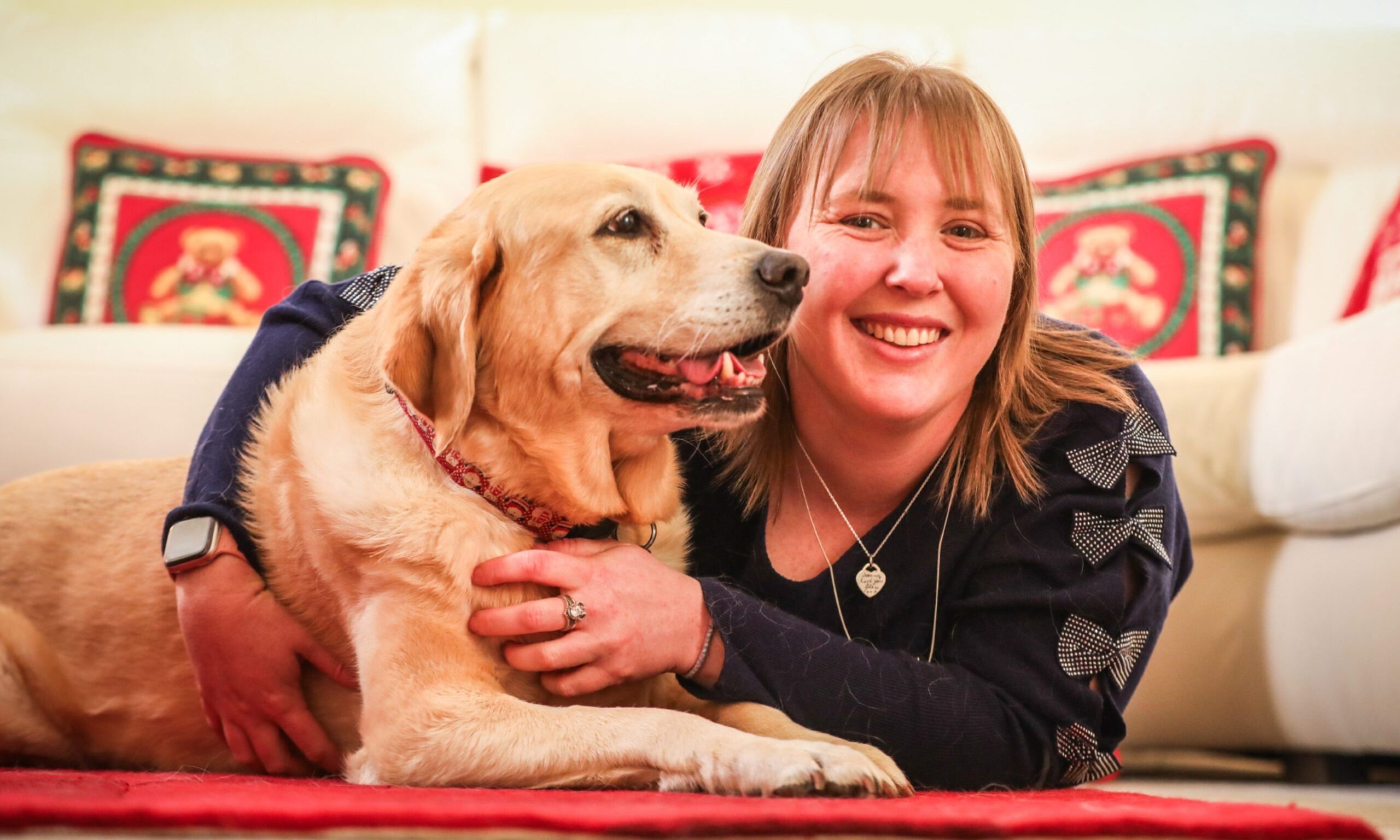
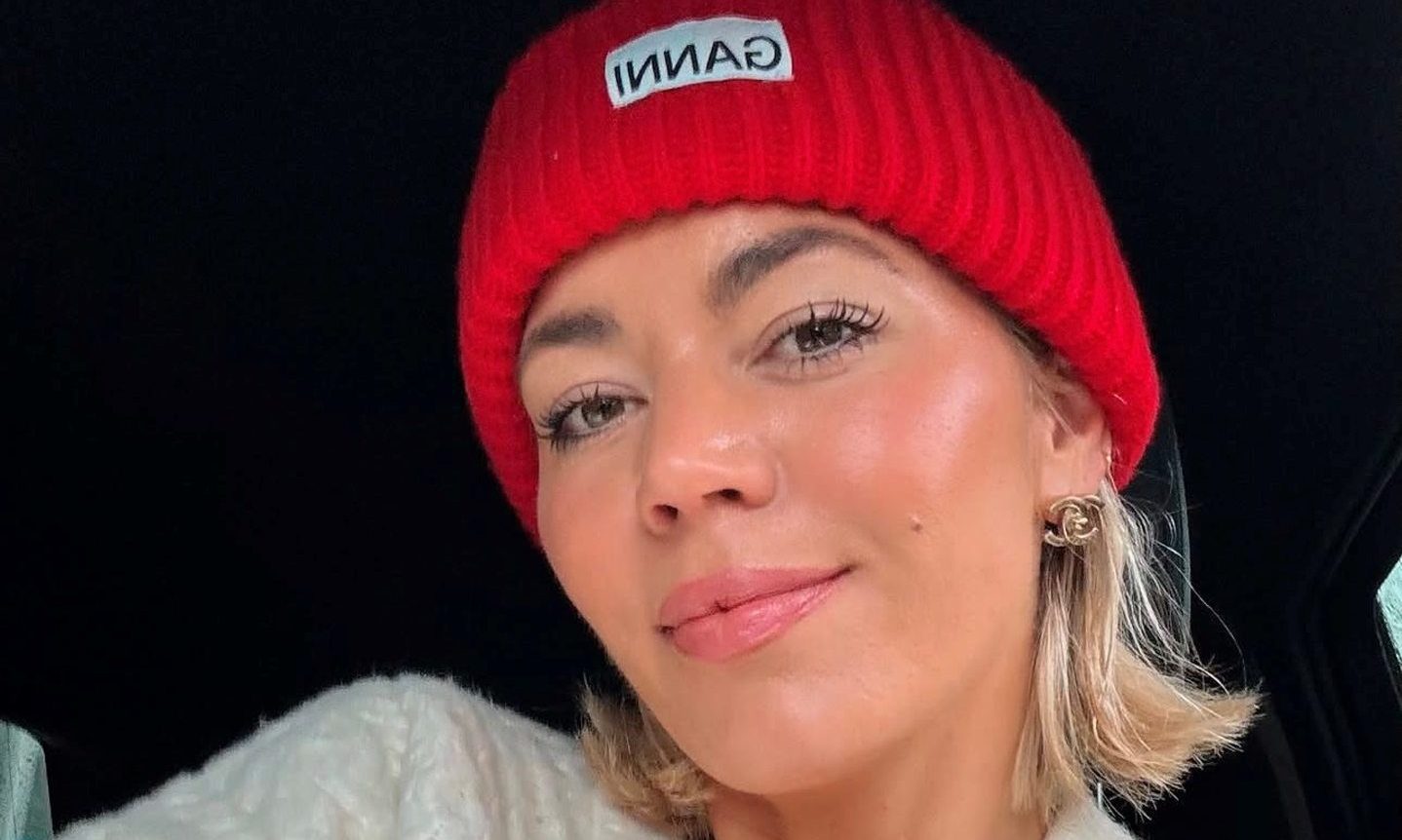

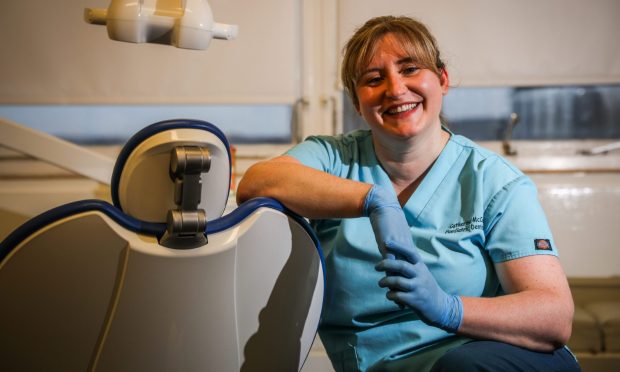


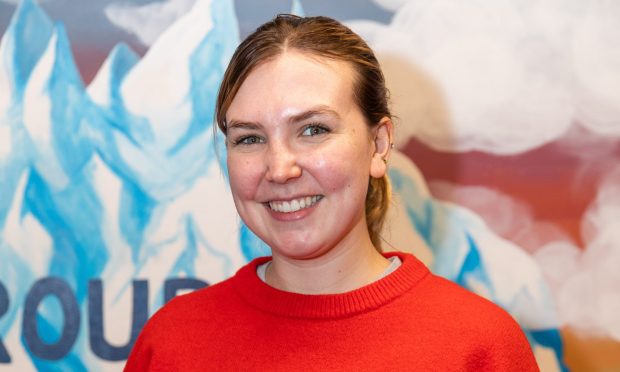
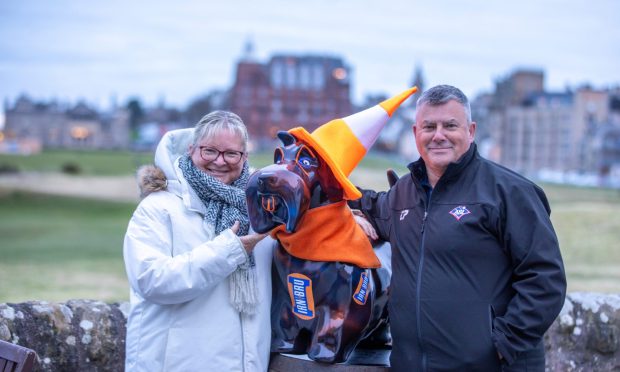

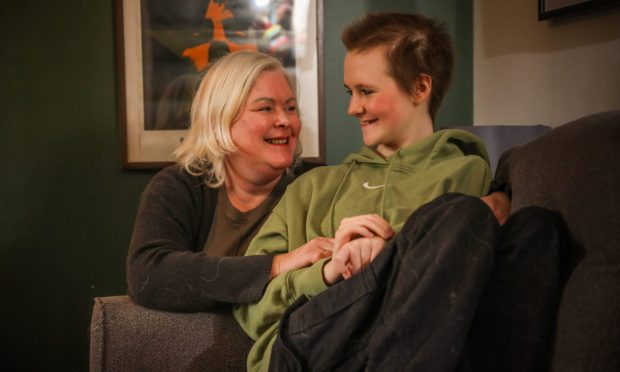
Conversation